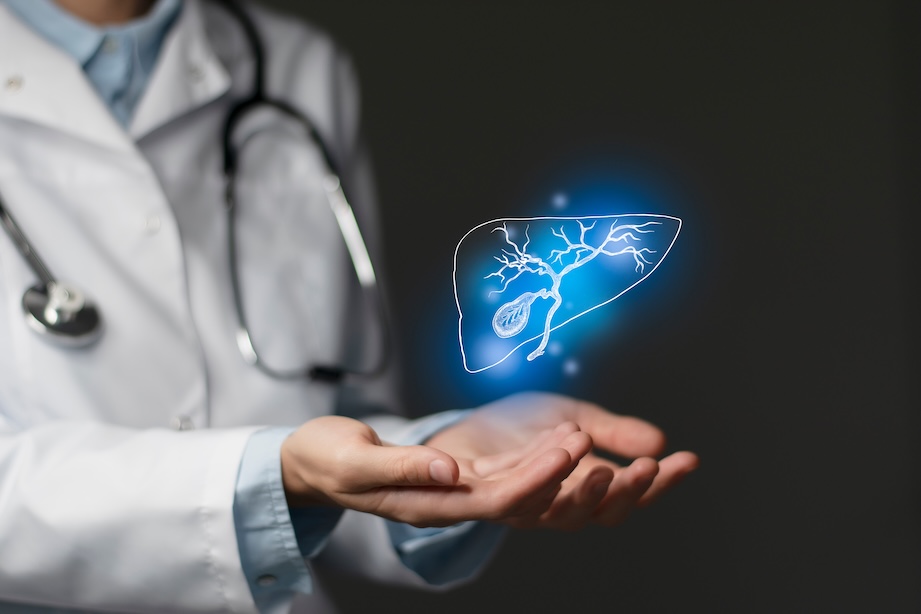Primary Sclerosing Cholangitis

Primary sclerosing cholangitis or 'PSC' is a rare autoimmune liver disease which causes chronic inflammation of the bile ducts. The inflammation causes the bile ducts to scar and narrow which makes it harder for bile to flow through.
In turn, bile backs up in your liver, damaging the liver tissue and causing it to scar. Over time, scar tissue gradually replaces the healthy tissue and your liver function declines, a process known as cirrhosis.
Understanding the disease name
Primary: A disease that starts suddenly and without a clear cause
Sclerosing: Characterized by sclerosis which is scarring or stiffening of tissue or other anatomical features
Cholangitis: Inflammation of the bile ducts
PSC vs PBC
These conditions are very similar with one major difference. PBC (primary biliary cholangitis) affects only your intrahepatic bile ducts (the bile ducts within your liver), whereas PSC affects all of your liver bile ducts, including your extrahepatic (outside of the liver) ducts.
Causes
PSC is believed to be an autoimmune liver disease that is caused by the body’s immune system attacking the bile ducts. The cause for this attack is not known, but researchers believe it is a combination of genetics and environmental factors.
Symptoms
Signs and symptoms tend to appear as the disease becomes more advanced. At the time of diagnosis, up to half of people with PSC have no symptoms. You may experience:
Early symptoms
- Fatigue
- Upper right quadrant abdominal pain
- Itchy Skin
Late symptoms
- Swollen abdomen
- Enlarged liver
- Enlarged spleen
- Jaundice
- Fever
- Unintended weight loss
Disease progression
- Your body beings attacking your bile ducts ⟶ Causing a buildup of toxic bile acid (cholestasis)
- Cholestatsis ⟶ Causes further inflammation an damage to the liver
- Ongoing cell damage leads to harmful scarring (fibrosis) ⟶ Which can result in cirrhosis over time
- Cirrhosis is permanent liver damage ⟶ End stage liver disease is possible, which can lead to transplant
PSC is a slow progressing disease, but as your bile ducts and liver become more scarred their functionality will begin to fail and can lead to:
- Liver disease & failure
- Metabolic disease
- Portal hypertension
- Thinning bones
- Repeated infections
- Bile duct cancer
- Bone cancer
Treatment
Presently there is no cure or treatment to slow or stop PSC from progressing. There are medications that can help clear bile from your liver, which will help manage complications and treat symptoms of PSC.
Prognosis
PSC slowly progresses from early to late-stage over the course of 10-20 years, with liver failure at the final stage. Before this happens, your doctor may talk to you about a liver transplant.
While most people who get a liver transplant have a new lease on life, about 25% experience a recurrence of their PSC. For this reason, your liver specialist will continue to monitor your health after your transplant.
Staying healthy
Keeping your liver healthy for as long as possible is key. Your medical team may recommend you:
- Quit smoking, drinking and drug use
- Eat whole foods as much as possible
- Limit processed foods and saturated fats
- Get plenty of sleep
- Manage stress
- Daily exercise